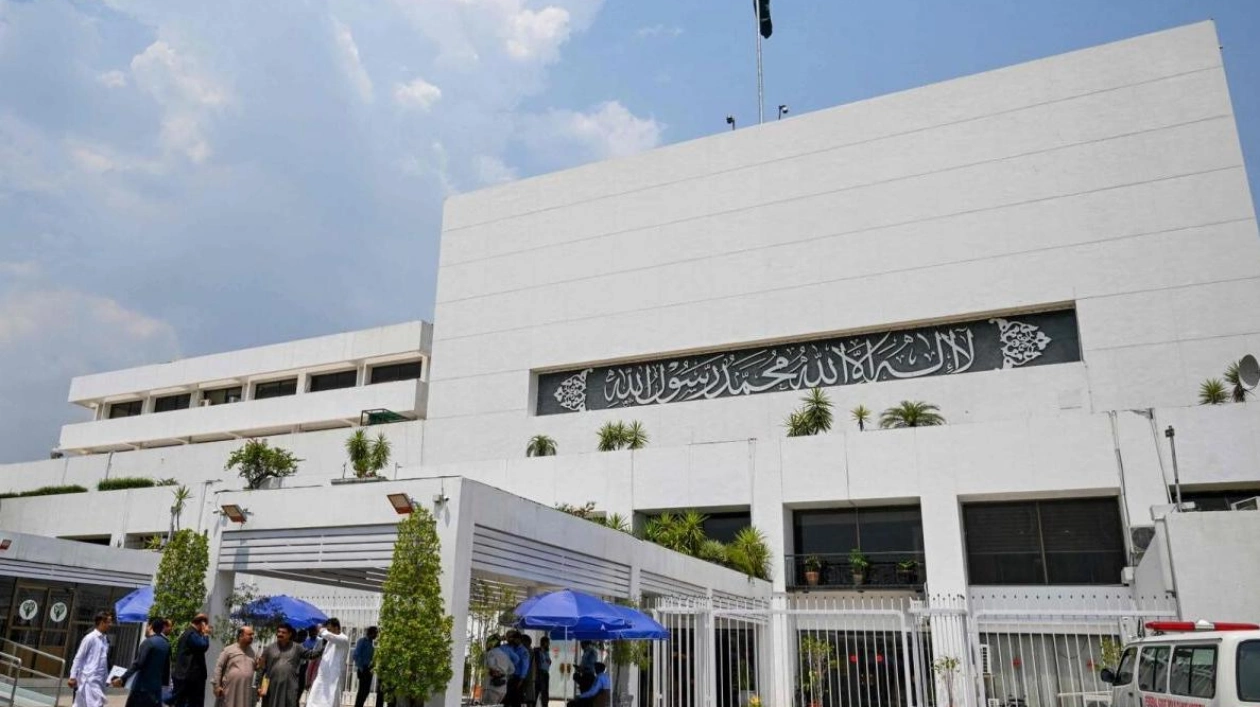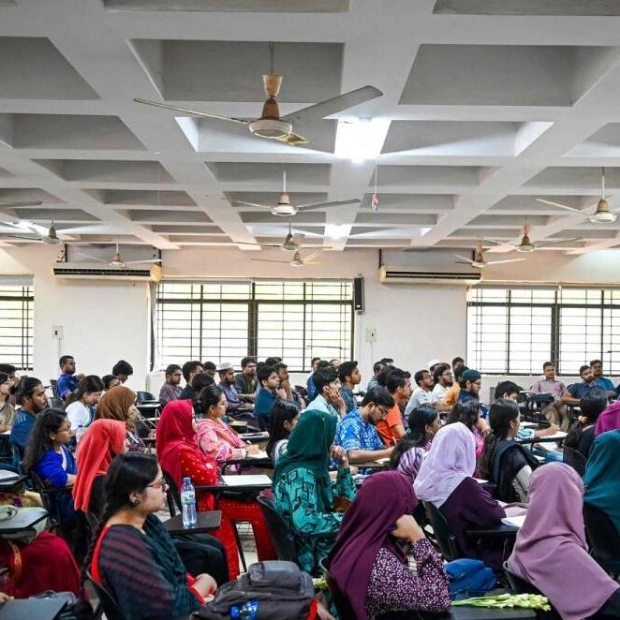People gather outside the Parliament house in Islamabad on June 26, 2024, during a budget session. – AFP file
On Monday, Pakistan's government narrowly approved a set of constitutional amendments aimed at preventing the country's courts from making decisions that 'interfere with parliament.' The judicial reforms, passed during a late-night parliamentary session, stipulate that the chief justice of Pakistan will now be chosen by a parliamentary committee and will serve a fixed term of three years. Additionally, a new constitutional bench will be established.
Defence Minister Asif Khawaja stated on Saturday that the purpose of these amendments is to prevent judicial rulings from encroaching on parliament's authority. The government sought support from smaller religious groups, emphasizing that 'everyone agrees that we will not compromise on the supremacy of parliament.' Prime Minister Shahbaz Sharif's Pakistan Muslim League-Nawaz party managed to secure a two-thirds majority with the help of the Pakistan People's Party and a religious party aligned with Khan.
The government secured 225 votes, just one more than the required 224, with the crucial backing of a few rebel MPs from Khan's Pakistan Tehreek-e-Insaf (PTI) party. State media broadcasted the session live. Despite offers to soften the amendments and reach a consensus, PTI, the largest bloc in parliament, refused to support the package, according to analysts.
Omar Ayub Khan, the opposition leader in the National Assembly, criticized the amendments during the session, stating that 'these amendments are like suffocating a free judiciary. They do not represent the people of Pakistan.' He further argued that 'a government formed through rigging cannot amend the constitution.'
These amendments are being introduced just days before the chief justice of the Supreme Court, Qazi Faez Isa, is set to retire. Under the previous law, he would have been succeeded by the next most senior judge, Mansoor Ali Shah, who has consistently issued rulings favorable to Khan and his party.
Bilal Gilani, head of Pakistan's leading polling agency, noted that the amendments have some positive aspects, such as balancing the judiciary's activism. However, he also pointed out a more concerning aspect: 'This amendment creates a judiciary that is more compliant with the government's concerns.'
In July, the Supreme Court ruled that the Election Commission of Pakistan was incorrect in sidelining Khan's party during the election campaign by forcing its MPs to run as independents due to a technical violation. The court also awarded Khan's party several non-elected seats reserved for women and religious minorities, potentially giving Khan's party a majority in parliament.
Earlier this year, six high court judges accused Pakistan's intelligence agency of intimidating and coercing them in cases with 'politically significant' implications.
Source link: https://www.khaleejtimes.com






